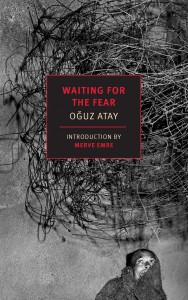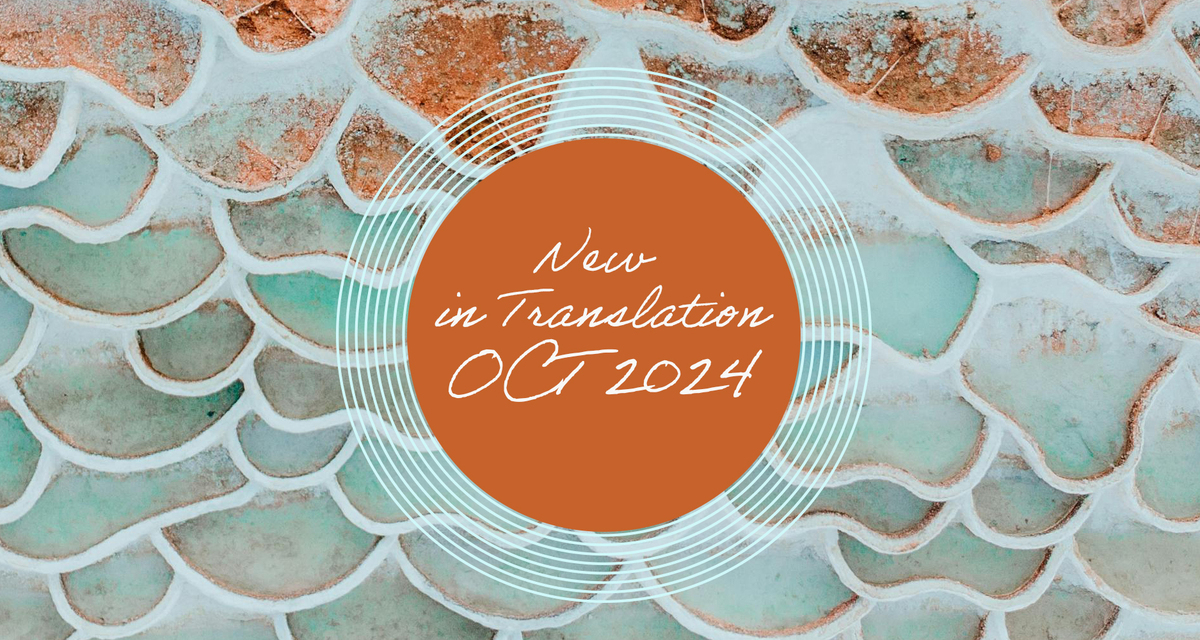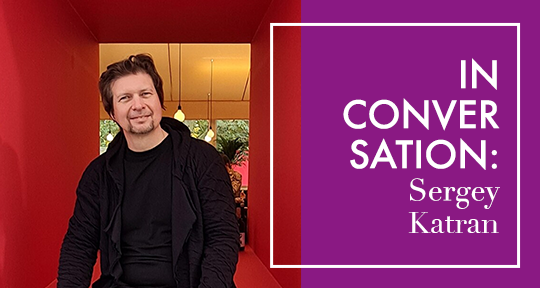Connections between meaning and visual representation can be puzzling, just like the multiple negotiations that occur between science and art, between natural phenomena and human attempts to grasp, control and even reinvent them through craft. Puzzles of this kind intrigue Sergey Katran. The art critic Vitaly Patsukov has defined the artist as the inventor of intricate “mechanisms” because of the complex ways in which he develops ideas integral to our modern civilization. A former graduate in chemistry and biology, Katran likes to experiment with Science Art and Bio Art in a variety of media, such as installation, sculpture, performance, and video. On the occasion of his most recent exhibition in the UK, currently on display in Wolfson College at the University of Oxford until October 2022, Caterina Domeneghini spoke with the artist and his interpreter, Irene Kukota, about the war in Ukraine, Katran’s country of origin. Their conversation also focused on his current situation, the stance of artists in times of war, and the ways in which his work has captured the growing tensions between two countries he has lived in and loved over the past twenty years.
Sergey, let’s start from where you are right now and what you are doing at this critical moment in our history.
I am currently in Moscow. For forty days I couldn’t do anything, the whole situation came as an overwhelming blow. What is happening to me is precisely what you have been describing, almost a split identity . . . I mean, that’s exactly how I feel, split. I’m in this slightly schizophrenic situation where my heart and all these worries that I experience are in Ukraine and at the same time I physically remain in Russia. And this situation continues, because for various reasons it has to remain like this.
I decided to resume my artistic work after a while, even though I might not be feeling entirely up to it. Many artists are leaving the country. I decided I am not going to leave for now. Instead, I am planning to make an artistic project at an independent art platform, dedicated to the current situation. Rather than fearing it, I want to still be able to express what I feel, though I cannot tell you much more for now.
You said that many Russian artists are leaving the country. Many artists, too, have withdrawn their participation from important international events, like the Venice Biennale. Does art still have reasons to exist in times like this?
You know, when the whole thing started, I was talking to some good artists, quite well known, and many of them were expressing different sentiments, emotions, thoughts. Some of them were saying, “What have we done wrong? How could we not prevent this from happening?” A couple of them were saying they didn’t want to be artists anymore.
It’s the usual thing, as clichéd as it may sound: art works with rather fine substances or fine energies, if you like this expression. It works with a certain germination of thought. Do you know the phrase “When the cannons are firing, the Muses are silent?” Art seems irrelevant in situations like this. Artists feel that their voices are not going to be heard, because there are other, more pressing issues of survival on people’s minds. Perhaps art should be using other media in times like these. It might need to be more performative, more poster-like, as it’s closer to action and speaks more directly about the current situation. READ MORE…




